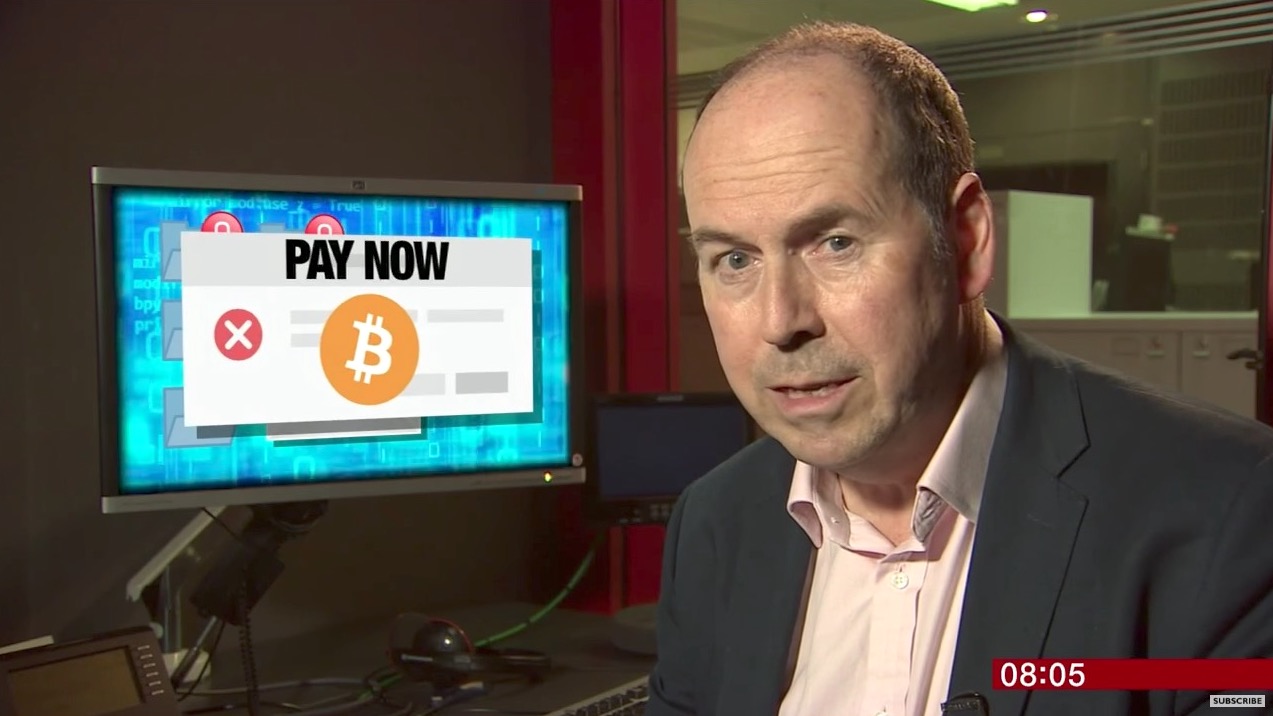Russia was hit hardest by the global ransomware attack, and it is unironically angry


The White House and federal cybersecurity officials scrambled over the weekend to grapple with a "ransomware" cyberattack that hit 200,000 computers in more than 150 countries, according to the European police agency Europol. But while a few U.S. institutions are known to have been affected by the malware, believed to have exploited stolen NSA cyber tools, most of the damage has been reported in Europe and Asia, including freezing up many British National Health Service hospital systems. The biggest victim, however, was Russia, according to the Russian cybersecurity firm Kaspersky Lab. And Russian officials are pretty upset.
"Humanity is dealing here with cyberterrorism," Frants Klintsevich, a top official on the Russian Senate's defense committee, told Russia's state-run Tass news agency. "It's an alarming signal, and not just a signal but a direct threat to the normal functioning of society, and important life-support systems." The goal of the attack, which freezes hard drives and servers until a ransom is paid, was possibly "frightening the whole world," he added. "The attacks hit hospitals, railroad transport, and police." Older and unlicensed versions of the Windows operating system were particularly vulnerable to the attack.
Russia experts were split on whether the U.S. government carried out the attack, presumably in retaliation for Russian meddling in the U.S. presidential election — a charge Russia denies by all U.S. intelligence agencies agree happened. "I respect the honesty of the United States," Mikhail Delyagin, director of the Institute of Problems of Globalization in Russia, tells The New York Times. "They threaten us with a cyberattack, and a cyberattack follows. It's logical." Igor Ashmanov, a member of the state Council for Digital Economy, argued that "special state cyberforces evidently would not exercise such a stupid attack," adding that such an attack by the U.S. or another government would be considered an act or war.
The Week
Escape your echo chamber. Get the facts behind the news, plus analysis from multiple perspectives.

Sign up for The Week's Free Newsletters
From our morning news briefing to a weekly Good News Newsletter, get the best of The Week delivered directly to your inbox.
From our morning news briefing to a weekly Good News Newsletter, get the best of The Week delivered directly to your inbox.
You can learn more about the cyberattack in the BBC News report below. Peter Weber
A free daily email with the biggest news stories of the day – and the best features from TheWeek.com
Peter has worked as a news and culture writer and editor at The Week since the site's launch in 2008. He covers politics, world affairs, religion and cultural currents. His journalism career began as a copy editor at a financial newswire and has included editorial positions at The New York Times Magazine, Facts on File, and Oregon State University.
-
 Do you have to pay taxes on student loan forgiveness?
Do you have to pay taxes on student loan forgiveness?The Explainer As of 2026, some loan borrowers may face a sizable tax bill
-
 Planning a move? Here are the steps to take next.
Planning a move? Here are the steps to take next.the explainer Stay organized and on budget
-
 What should you look out for when buying a house?
What should you look out for when buying a house?The Explainer Avoid a case of buyer’s remorse
-
 TikTok secures deal to remain in US
TikTok secures deal to remain in USSpeed Read ByteDance will form a US version of the popular video-sharing platform
-
 Unemployment rate ticks up amid fall job losses
Unemployment rate ticks up amid fall job lossesSpeed Read Data released by the Commerce Department indicates ‘one of the weakest American labor markets in years’
-
 US mints final penny after 232-year run
US mints final penny after 232-year runSpeed Read Production of the one-cent coin has ended
-
 Warner Bros. explores sale amid Paramount bids
Warner Bros. explores sale amid Paramount bidsSpeed Read The media giant, home to HBO and DC Studios, has received interest from multiple buying parties
-
 Gold tops $4K per ounce, signaling financial unease
Gold tops $4K per ounce, signaling financial uneaseSpeed Read Investors are worried about President Donald Trump’s trade war
-
 Electronic Arts to go private in record $55B deal
Electronic Arts to go private in record $55B dealspeed read The video game giant is behind ‘The Sims’ and ‘Madden NFL’
-
 New York court tosses Trump's $500M fraud fine
New York court tosses Trump's $500M fraud fineSpeed Read A divided appeals court threw out a hefty penalty against President Trump for fraudulently inflating his wealth
-
 Trump said to seek government stake in Intel
Trump said to seek government stake in IntelSpeed Read The president and Intel CEO Lip-Bu Tan reportedly discussed the proposal at a recent meeting
